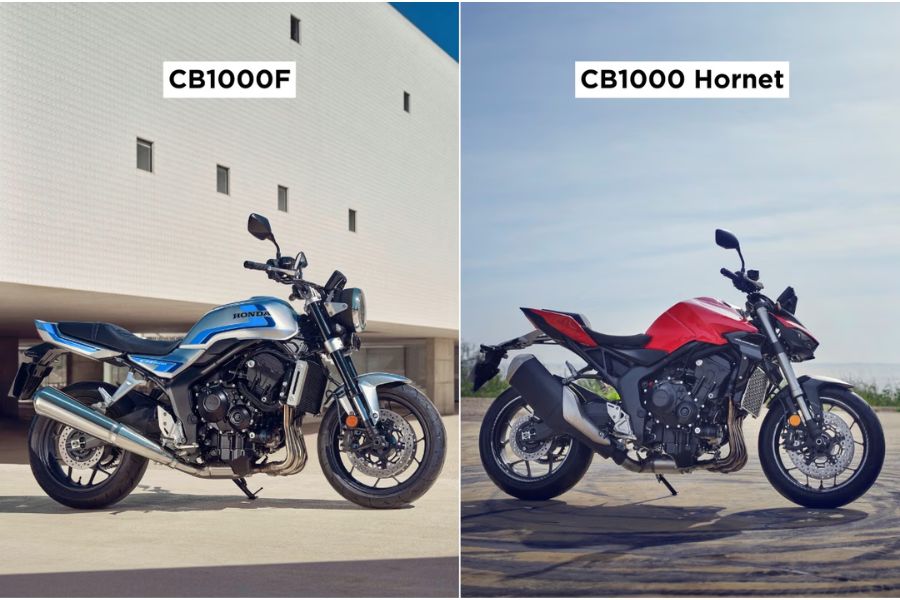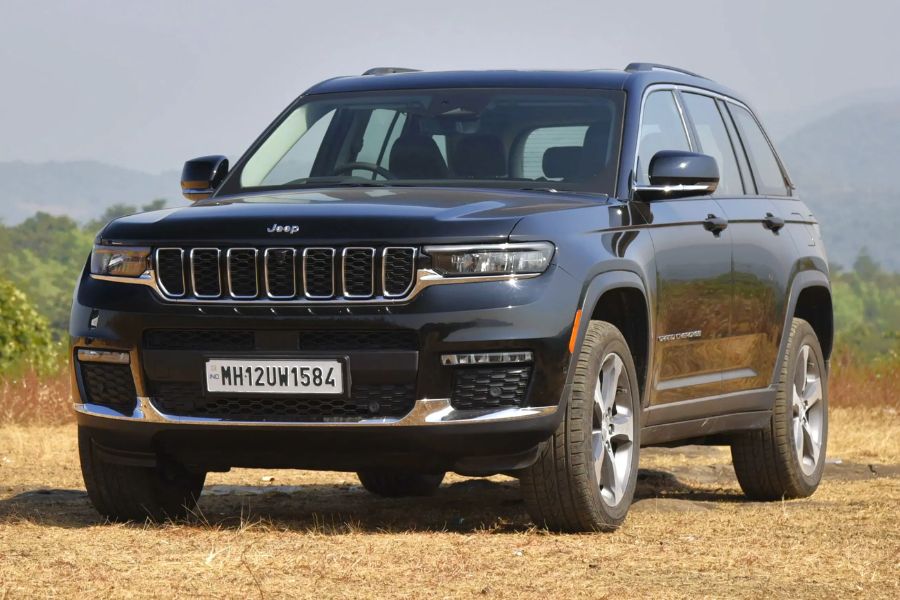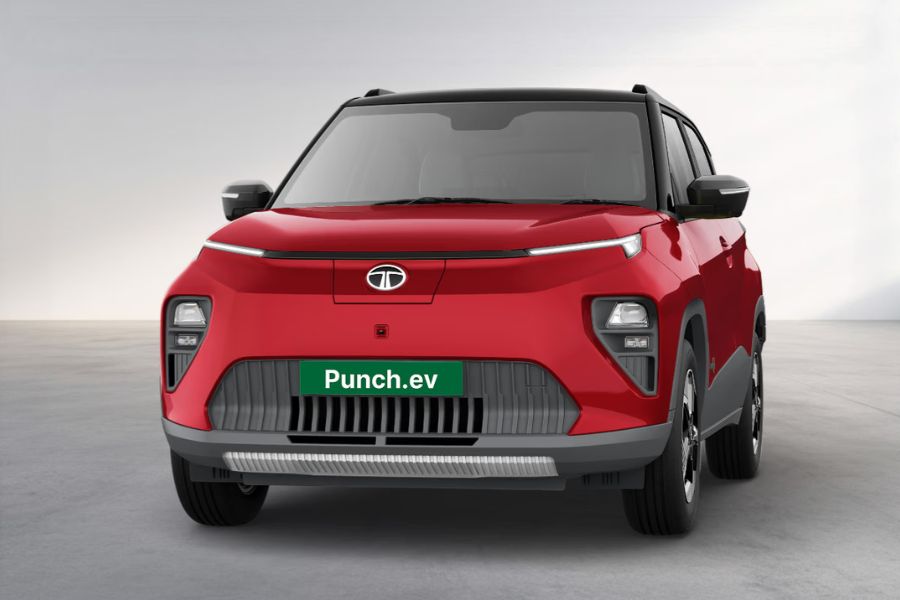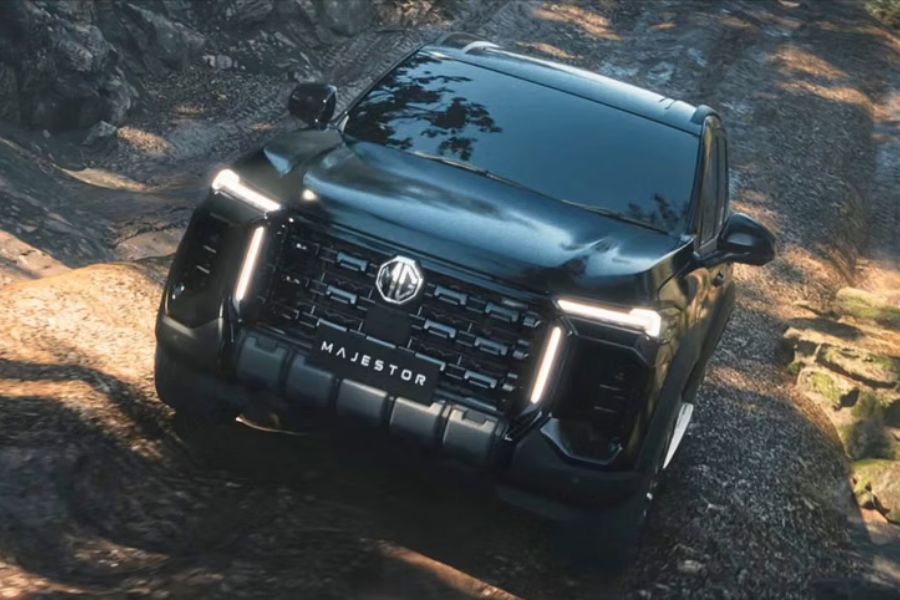At the recently concluded Bharat Mobility Global Expo 2025, we had the privilege of engaging in an insightful conversation with Mr. Vikram Gulati, Executive Vice President of Toyota Kirloskar Motor. As a key figure in the automotive industry, Mr. Gulati shared his perspectives on Toyota’s vision for the future of mobility in India, focusing on hybrid technology, ethanol as a fuel, and the potential of flexi engines.
Toyota’s Vision: Hybrid Technology at the Forefront
Toyota has long been a pioneer in hybrid technology, and Mr. Gulati reaffirmed the company’s commitment to this innovative approach. With a global shift toward sustainability, Toyota is expanding its hybrid lineup to offer consumers fuel-efficient and eco-friendly options. Hybrid technology integrates an internal combustion engine with an electric motor, reducing emissions and enhancing fuel economy—a crucial aspect as India seeks to balance its growing automotive demand with environmental goals.
“We are focusing on providing customers with the best of both worlds—fuel efficiency without compromising on performance,” Mr. Gulati remarked. “Hybrid vehicles play a significant role in reducing carbon footprints while offering an alternative to fully electric vehicles, which are still evolving in terms of infrastructure in India.”
Ethanol: India’s Future Fuel
One of the most intriguing aspects of the conversation revolved around ethanol as a fuel source. With India’s agricultural strengths, ethanol has emerged as a key player in the transition to a more sustainable fuel economy. Mr. Gulati expressed strong optimism about ethanol’s future, particularly domestically produced ethanol, as a viable and scalable alternative to traditional fuels.
He emphasized the importance of utilizing local resources for ethanol production, citing India’s vast agricultural sector. “India is well-positioned to become a leader in the ethanol space, thanks to the availability of various raw materials such as sugarcane, corn, and agricultural waste. The government’s push for blending ethanol with petrol is a game-changer for India’s fuel landscape,” he stated. He noted that this shift would not only reduce dependency on imported crude oil but also boost India’s rural economy by creating new opportunities for farmers and fostering a circular economy.
Flexi Engines: The Next Evolution
Mr. Gulati also highlighted the growing potential of flexi engines, which can run on a variety of fuel combinations, including higher ethanol blends. Toyota has been at the forefront of developing flexi engines, and he believes they will play an essential role in India’s future fuel ecosystem.
“Flexi engines are an exciting development for the Indian market because they offer flexibility in fuel usage, particularly as the country ramps up ethanol production. These engines will allow consumers to use higher ethanol blends seamlessly, making them a more sustainable choice without requiring new infrastructure or significant changes to existing engines,” he explained.
The adoption of flexi engines, according to Mr. Gulati, could be a catalyst for reducing emissions and promoting ethanol use on a national scale. Toyota’s investment in these engines underscores the company’s foresight in adapting to India’s unique energy challenges while remaining committed to sustainability.
Looking Ahead: A Bright Future for Sustainable Mobility
The insights shared by Mr. Vikram Gulati at the Bharat Mobility Global Expo 2025 left us with a sense of optimism for the future of sustainable mobility in India. Toyota’s efforts in hybrid technology, its support for ethanol as an alternative fuel, and its focus on flexi engines position the company as a leader in India’s transition to a cleaner, greener automotive industry.
As India continues to explore and implement solutions for reducing its carbon footprint, innovations like these will play a key role in shaping the country’s transportation landscape. The road ahead may be challenging, but with companies like Toyota leading the charge, the future of mobility in India looks increasingly sustainable and promising.
For more updates and insights on the latest trends in the automotive industry, stay connected with Carquest India.
Read More:




